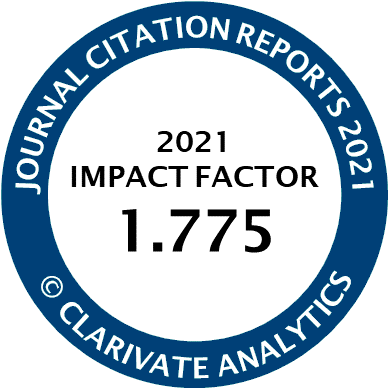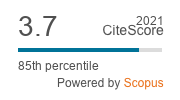Editorial | Open Access
For a Research Agenda on Negative Politics
| Views: | 55 | | | Downloads: | 36 |
Abstract: This thematic issue deals with the “negative” side of politics, more specifically with dynamics of political aggressiveness and ideological opposition in voters and elites. Why do candidates “go negative” on their rivals? To what extent are voters entrenched into opposing camps parted by political tribalism? And are these dynamics related to the (dark) personality of candidates and the expression of emotions in voters? A series of contributions written by leading and emerging scholars provide novel and groundbreaking empirical evidence along three main lines: (a) the evolution, causes, and consequences of political attacks and incivility by political elites; (b) the drivers and dimensions of affective polarization and negative voting in the public; and (c) the dynamics of candidate’s personality and perceptions, the affective roots of attitudes and behaviors. This thematic issue aims at setting the stage for a new research agenda on negative politics, able to generate new insights by triangulating evidence and approaches from strands of literature that have mostly evolved on separate tracks.
Keywords: anger; affective polarization; dark personality; incivility; negative campaigning; negative partisanship; negative politics; negative voting; protest; rage; trolling
Published:
© Alessandro Nai, Diego Garzia, Loes Aaldering, Frederico Ferreira da Silva, Katjana Gattermann. This is an open access article distributed under the terms of the Creative Commons Attribution 4.0 license (http://creativecommons.org/licenses/by/4.0), which permits any use, distribution, and reproduction of the work without further permission provided the original author(s) and source are credited.



